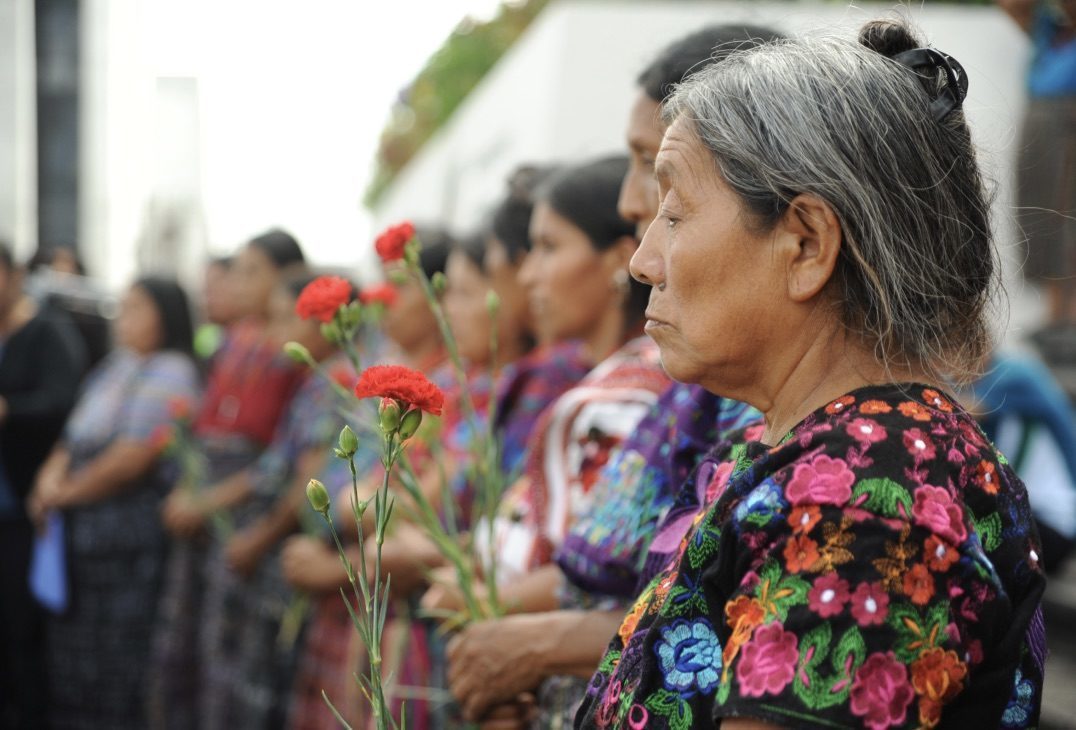
Victims Front and Centre: Lessons on Meaningful Victim Participation From Guatemala and Uganda
A new REDRESS and Impunity Watch report, Victims Front and Centre: Lessons on Meaningful Victims Participation from Guatemala and Uganda, identifies priorities for change and emphasises the need to place victims of armed conflict at the centre of transitional justice.
The report stems from extensive research and consultations that were carried out with victims of armed conflict in Guatemala and Uganda. Both countries have been the focus of international assistance for transitional justice for many years and, as such, they provide a long-term perspective on what has worked and what has not in terms of victim participation.
For victims of armed conflict, participation in transitional justice is not merely a mechanical exercise, devoid of meaning. It is a unique opportunity to ensure that the State acknowledges the injustices inflicted upon them, which often have their roots in historical marginalisation, exclusion and discrimination, and takes action accordingly. It is part of a political process with the potential to transform victims’ lives and the lives of those in their communities.
In both countries, it is fair to say that many aspects of transitional justice have not succeeded in addressing the needs of victims. The reasons for this differ in each country.
In Uganda, the top-down approach to transitional justice has meant that victims have had little room to influence the process and have their voices heard. In contrast, in Guatemala, the transitional justice framework has been more piecemeal. Gains are, however, currently under threat with a government campaign seeking to uphold impunity in order to stay in power.
One of the key lessons of this report is that meaningful victim participation must be truly political and grassroots oriented. It should explicitly place victims’ needs at the centre and emphasise processes that contribute to tackling structures of impunity, violence, and inequality. It stands in contrast to an approach to victim participation that is top-down, overly legalistic and institution-focused in nature.
The report is, therefore, an invitation for policymakers to challenge assumptions about victims as passive agents and to recognise them as actors who can exert significant influence. It is also a call for integrated approaches to justice, which recognise the essential role of victims’ activism and the urgency to working on reforming State institutions to ensure that they pursue a culture that is receptive of victims’ claims.
Photo credit: Maya Achí women survivors of sexual violence, who are among the 36 claimants in an ongoing criminal proceeding, participate in the Guatemalan National Day against Enforced Disappearance on 21 June 2019 (Cristina Chiquin/Impunity Watch).
